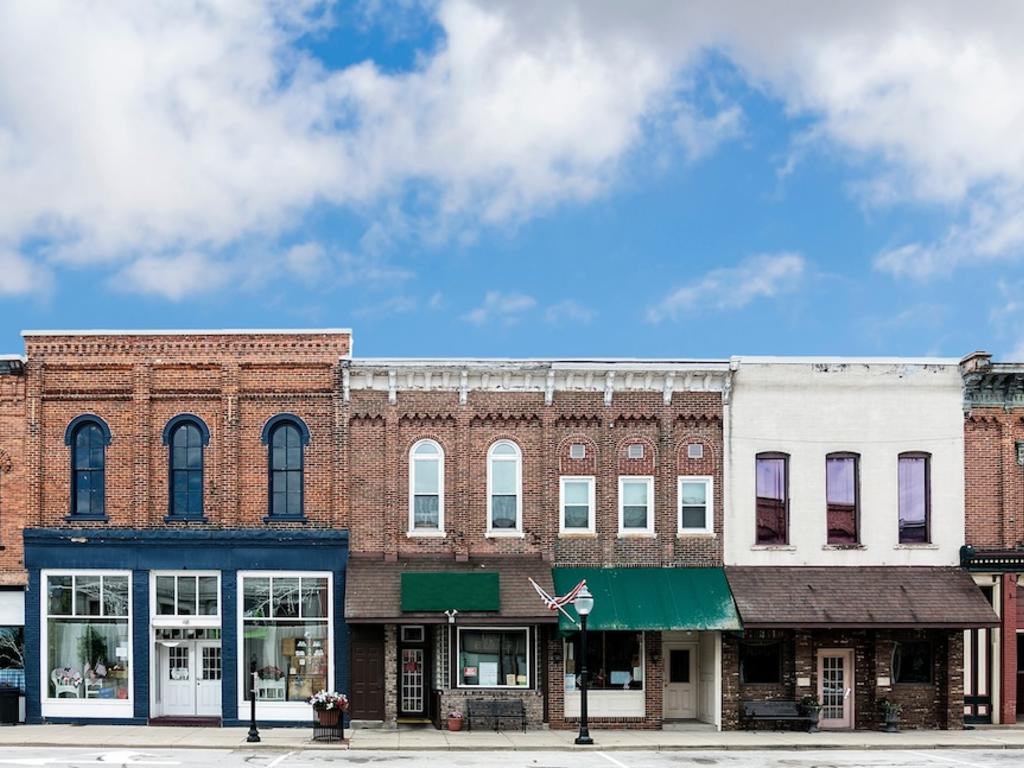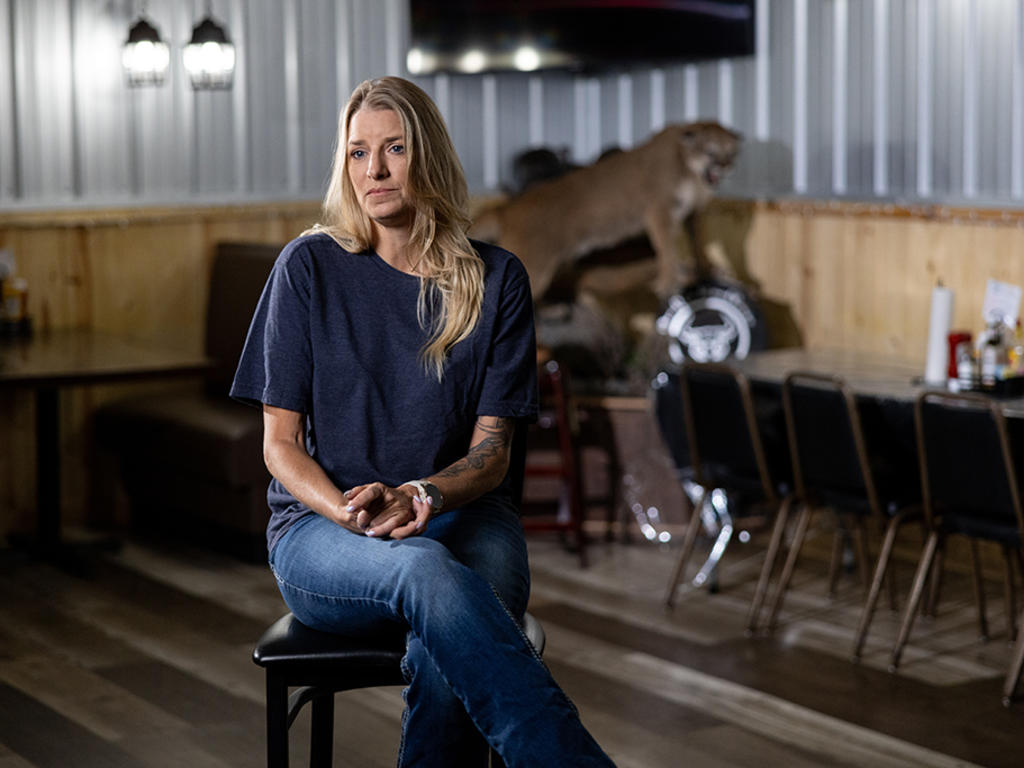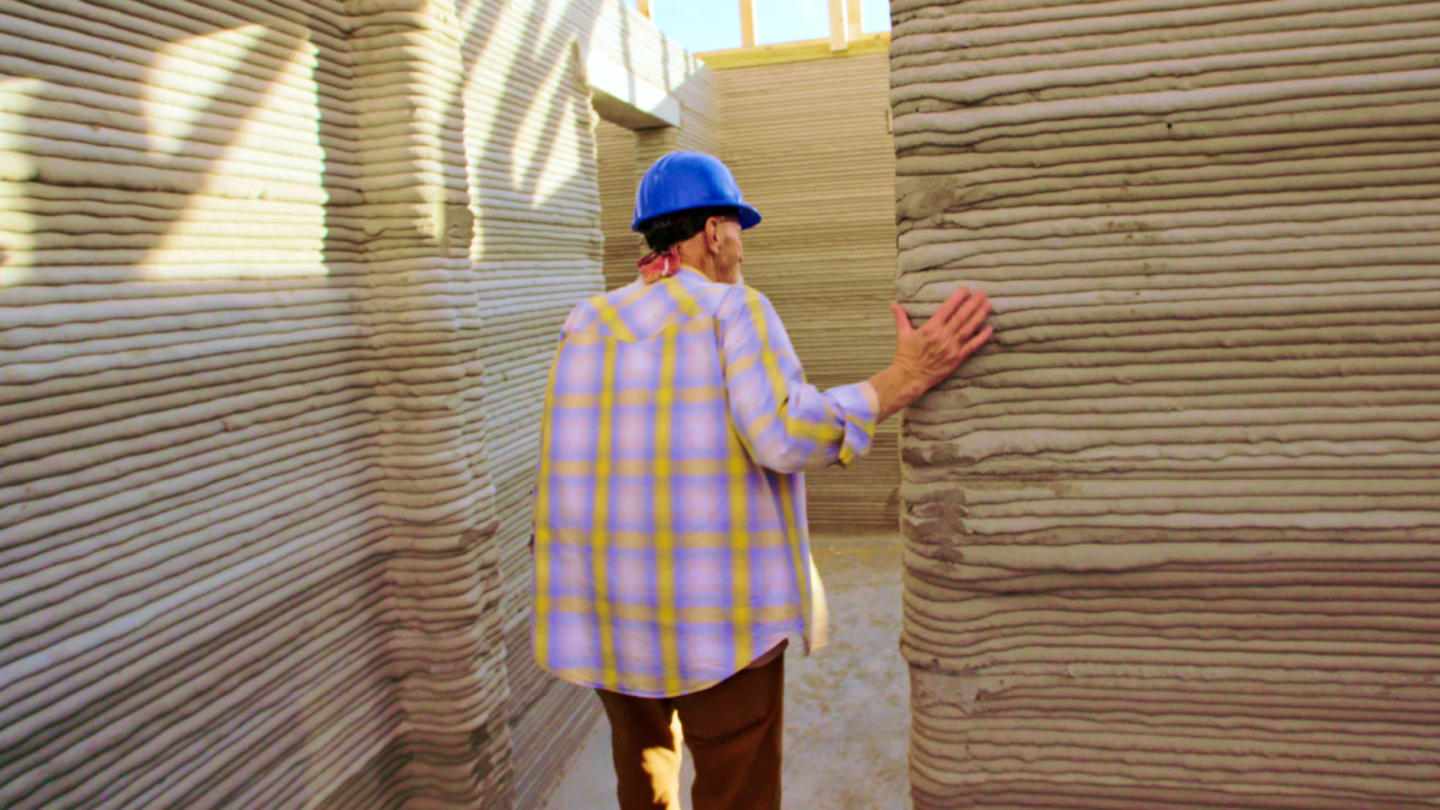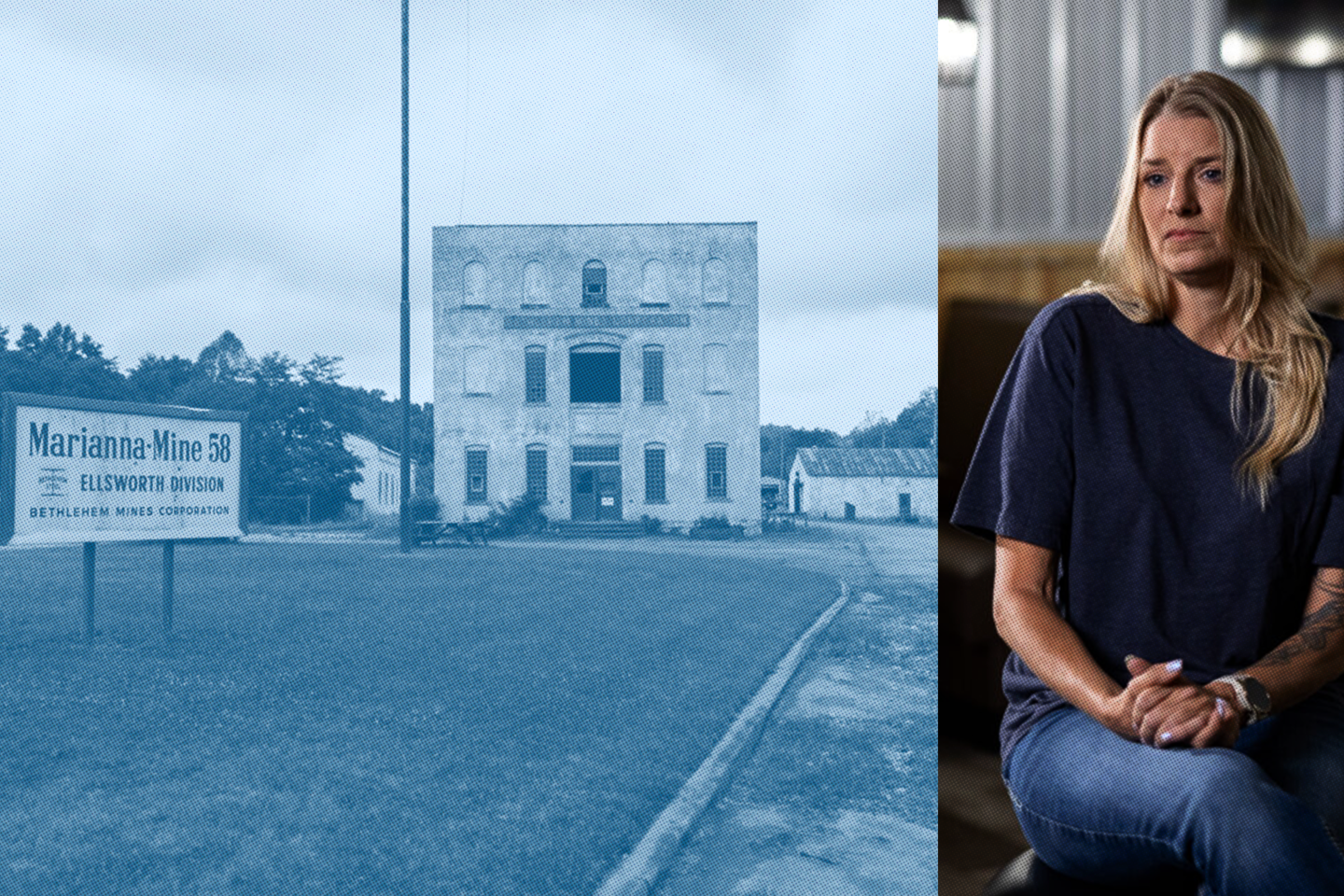Two mining towns in Pennsylvania are trying to recover from the economic turmoil created by Washington’s overregulation
Take a road trip across Pennsylvania. You will see two things: spectacular natural beauty and the man-made disasters that Washington, D.C.'s overregulation has brought upon countless rural towns nationwide.
Anchored in Western Pennsylvania, Waynesburg and Marianna are a short four-and-a-half-hour drive from Capitol Hill, and they are textbook examples of how Washington regulation is hollowing American small towns.
Marianna and Waynesburg were once proud and prosperous communities that housed dozens of families and were a cornerstone of American economic prosperity. Today, these towns, like others across the nation, are suffering death by a thousand regulations, and their towering mining buildings are now silent witnesses to their slow economic collapse.
It does not have to be this way. An economic revival of rural America is possible.
History has shown time and time again that when we empower people, they will thrive and help society reach incredible heights. It’s our job to give people the chance to do so by removing regulatory barriers and allowing the people closest to the problem to implement the solutions they already have.
For years, the federal government has forgotten towns like Marianna and Waynesburg. It’s time to finally give them a voice, these are the stories of the towns Washington forgot.
Overregulation turned 2 towns from economic powerhouses into modern-day ruins
Waynesburg and Marianna are blessed with minerals and resources. Thousands of workers settled in the area starting in the late 1800s as energy companies opened coal mines. America was taking giant leaps towards prosperity, and it needed the coal around both towns to fuel the vigorous national economy.
Today, things are not the same.
Thanks to burdensome government regulations, it takes energy companies at least a decade to get the permits needed to start new projects. Oil, gas, and coal are not the only industries hindered by the regulatory barrage. In fact, 95% of the licenses on hold are related to solar, air or wind battery storage.
In Waynesburg, the titanic weight of government overregulation smothered the economic engine that made the town succeed.

Emerald Mine shut down its operations in 2015; by 2019, there were only four active mines, and the population shrank to 2,500 residents. Local leaders were concerned the town would go broke if nothing changed.
Shannon Taylor is a business owner and longtime resident of Waynesburg and has been a first-hand witness to how government regulations have left its residents reeling economically.
“Whenever the regulations increase, that’s when we all look at each other and ask what we are in for,” she said.
The answer, regrettably, is economic downturn. “What’s causing the energy sector to want to leave Pennsylvania is overregulation,” energy industry expert Matthew Thomas said.
Nearby Marianna shares a similar story to Waynesburg.
Denny Welsh is a local coal miner. His family helped convert Marianna from an almost uninhabited place into a thriving home. The Marianna Mine was the economic motor that fueled people’s livelihoods. Albeit small, the city was, as Walsh remembers, “a pretty special place.”
However, on one dreadful day in 1988, the mine shut down after a fire. As Walsh walked across overgrown vines and abandoned coal boilers, he remembered how the closure gutted his family and dozens of coal workers. In one fell swoop, “We were out of work … this town was just devastated,” Welsh lamented.
Sign up for the Stand Together newsletter and get stories, ideas, and advice from changemakers to help you tackle America’s biggest problems.
Empowering people will bring the revival of rural America
While Marianna and Waynesburg might have fallen on hard times, they have the drive, human capital and potential to unleash an unprecedented revival of their economy. They only need Washington politicians to get out of the way and let them rebuild their towns.
Recently, the Mountain Valley Pipeline (MVP) natural gas project gave longtime Waynesburg residents hope for an economic recovery. The 300-mile-long energy project goes through the town and promises many new jobs to a community that sorely needs them. “The oil and gas community here is like a lifeline,” Taylor said.

Yet overregulation is trying to prevent the people of Waynesburg from reaching their full potential. Lawsuit after lawsuit grounded the ambitious project to a screeching halt, dashing the hopes of many Waynesburg natives for economic growth.
Congress and the Supreme Court had to step in and intervene to finally put an end to the stream of lawsuits sabotaging the MVP pipeline.
It shouldn’t take a colossal effort to greenlight energy projects that could bring enormous opportunity to thousands of Americans.
Policymakers can make life easier for scores of rural towns like Waynesburg and Marianna by eliminating onerous regulations. This would reduce the risks and bottlenecks for energy companies and give current ghost towns in rural America a glimpse of hope.
As Taylor explained, “The industry is here; we just need regulations to leave.”
Americans for Prosperity believes freedom and opportunity are the keys to unleashing prosperity for all. For more information on solutions, visit Prosperity Is Possible.
Learn more about Stand Together’s efforts on the economy, and explore ways you can partner with us.

Removing unnecessary red tape has allowed one company to develop a concrete solution to the affordable housing crisis.

Policymakers should prioritize energy abundance, says the Center for Growth and Opportunity at Utah State University.

Solutions to energy, housing, and health care already exist — but they’re stuck in regulatory limbo. Sal Churi is changing that.

Here's how more housing, businesses, and innovation can make the economy work for all.
